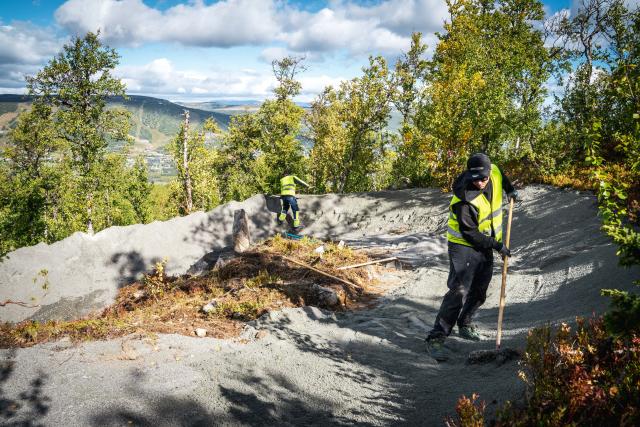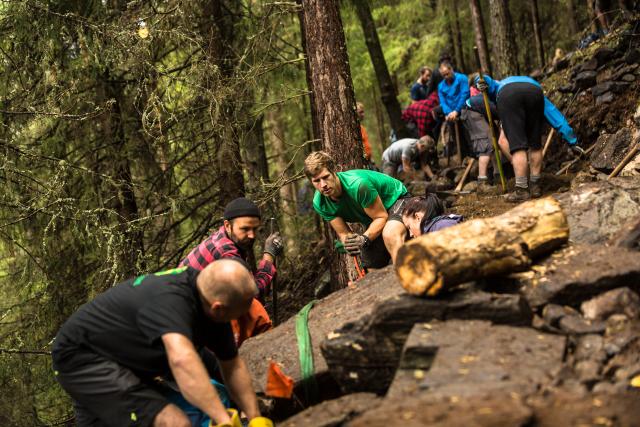Mountain Bike Trail Planning, Construction and Maintenance
The pilot commenced in August 2022 and was a sucsess, therefore we are thrilled to start our second class
in August 2023. Be among the first in Europe with this certification!
The study programme for Mountain Bike Trail Planning, Construction and Maintenance is targeted to the competence needs of the new and rapidly growing sector of mountain biking (MTB). The course awards 30 ECTS when successfully completed.
The Mountain Bike Trail course is studied online with evening classes and tutorials scheduled online.We use Teams as our Learning Platform and Zoom for our tutorials/tuition.The school follows a 'flipped classroom' model, this means that the teacher will provide study material in advance of the scheduled evening sessions. This allows the student to read, study and attend the evening class well prepared in order to meet the teacher and fellow students online for productive discussions and mentoring.
During this study programme, you will be required to attend a total of three residential weeks. Two will be hosted in Geilo, Norway and one in Agueda, Portugal.


